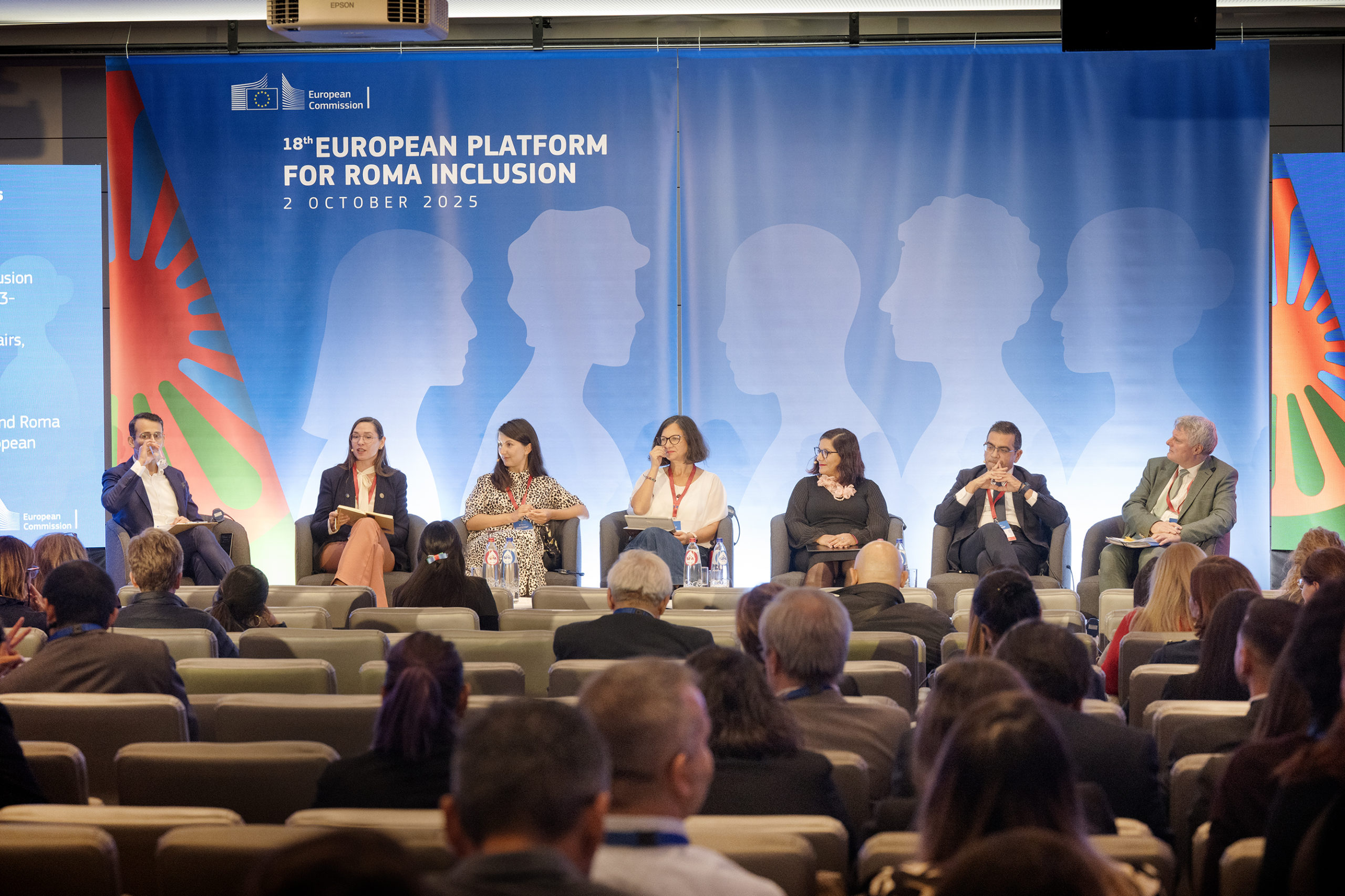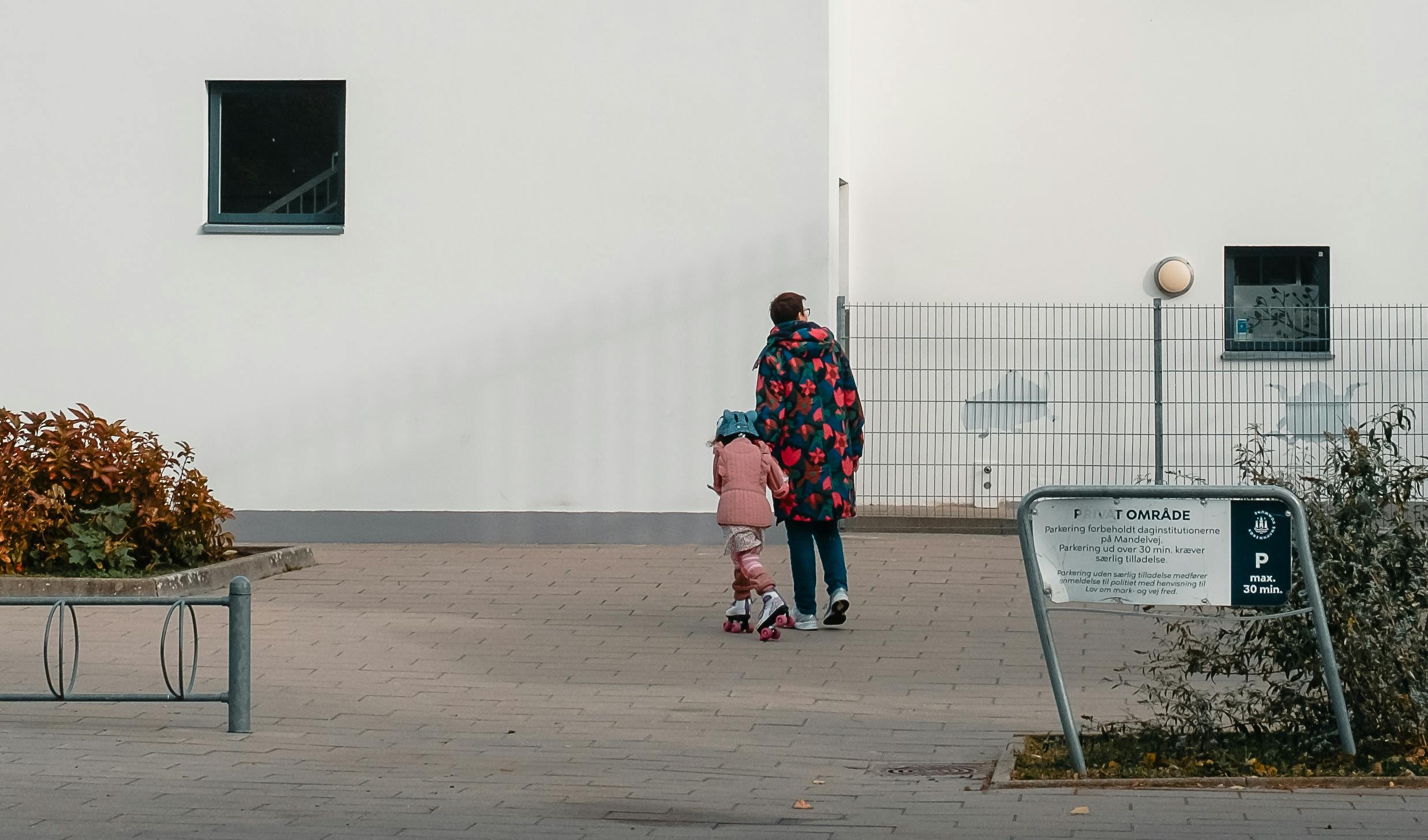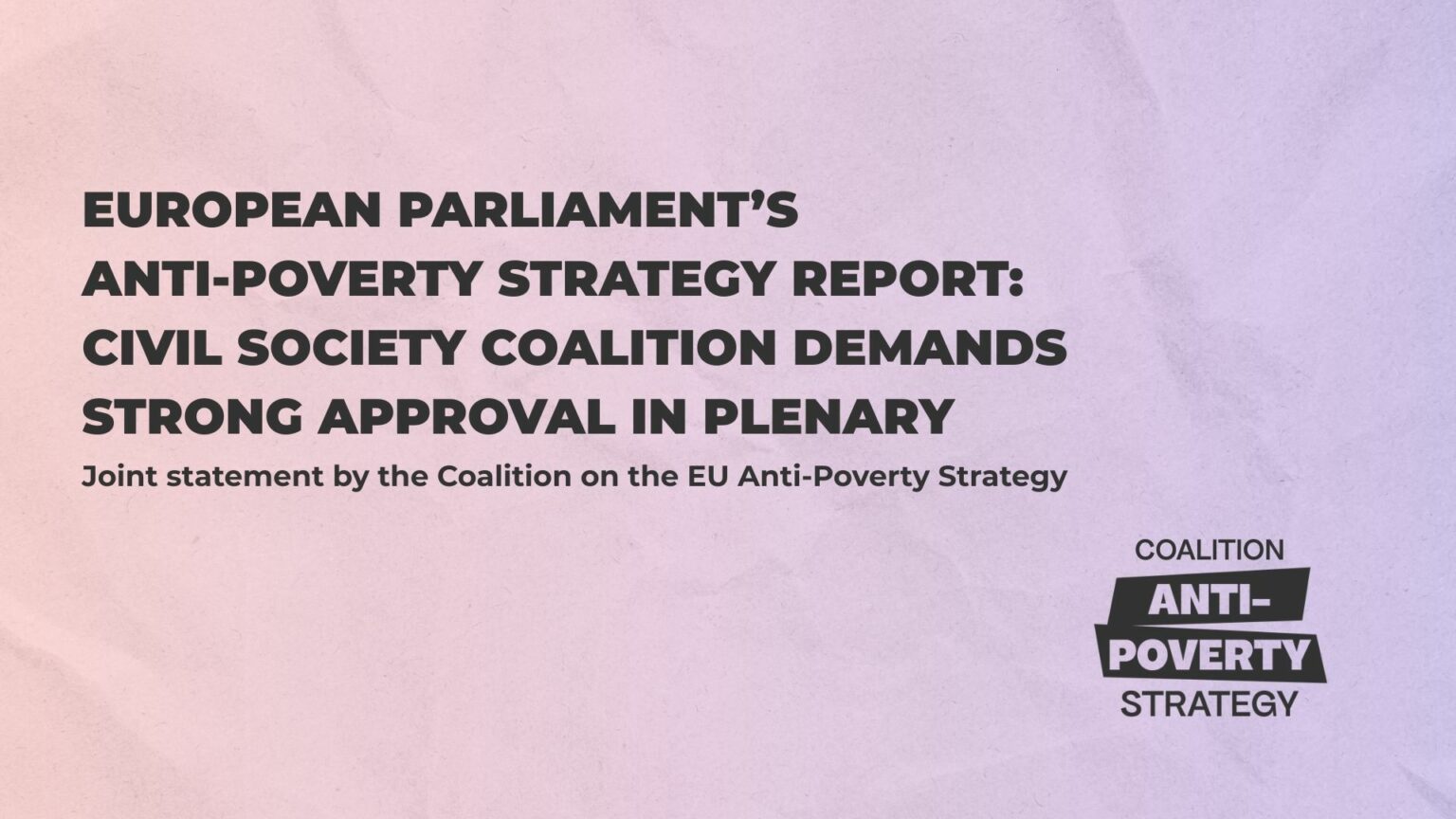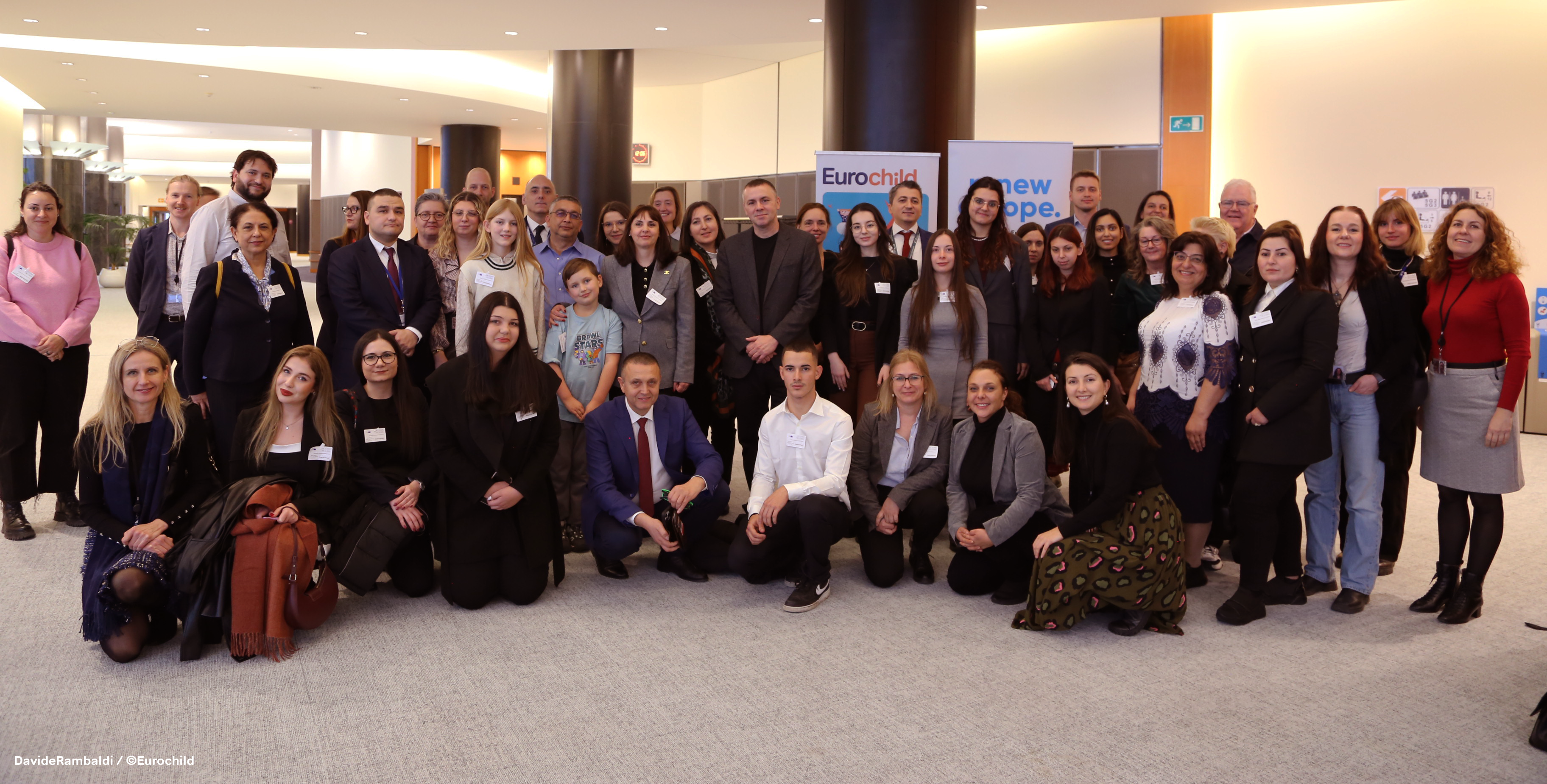Reflections on the 18th European Platform for Roma Inclusion
Blog by Kristiana Stoyanova, Eurochild Policy and Advocacy Officer for Child Poverty.
On 2 October 2025, policymakers, civil society leaders, EU officials, and Roma community representatives gathered in Brussels for the 18th European Platform for Roma Inclusion (EPRI). This year’s edition marked five years since the launch of the EU Roma Strategic Framework. It was a moment to reflect - to assess progress, identify barriers, and shape priorities for the years ahead.
Progress is real but fragile: the 2024 FRA Roma Survey, the share of Roma at risk of poverty/exclusion fell from 90% (2011) to 80% (2021) and to about 70% now, yet discrimination worsened - 1 in 3 reported discrimination in the past year across 10 Member States, up 5 points from 2021.
After the high-level opening panel, I had the opportunity to co-facilitate a workshop on the EU Roma Framework’s horizontal priority of reducing poverty and social exclusion. We guided 15 practitioners from local to EU levels to pinpoint what works and what still blocks progress.
As rapporteur, I presented the workshop’s insights to the plenary: poverty is complex and demands an intersectoral, integrated approach. The European Child Guarantee was highlighted as good practice, ensuring vulnerable children access early childhood services, education, housing, healthcare, and healthy nutrition. Effective policies require a long-term vision, sustained political commitment and resources, time for results, and evidence-based design grounded in lived experience. Key barriers include administrative burden, fragmented and time-bound funding, antigypsyism and racism, and too few Roma mediators, social workers, and policymakers across all levels.
Across the EPRI, several themes stood out:
- Antigypsyism remains systemic. Despite legal progress, underreporting and weak enforcement undermine change.
- Poverty is multifaceted and transgenerational. Linking the EU Child Guarantee more explicitly with Roma strategies is vital.
- Education shows mixed results - early childhood access is improving in some Member States, yet school segregation persists;
- Housing has been identified as a key leverage point, but demands structural, long-term measures and sustained investment - pilot projects alone cannot overcome entrenched discrimination or limited access to mainstream systems.
From Eurochild’s perspective, the situation of Roma children deserves special attention. Their well-being today determines whether the EU will meet its 2030 targets. The EPRI discussions confirmed that policies for Roma inclusion and the Child Guarantee must not run in parallel, but converge – ensuring Roma children benefit from early childhood education, adequate housing, healthcare, and meaningful participation in decisions affecting them.
The insights collected at this 18th Platform will feed into the mid-term review of the EU Roma Strategic Framework and inform the 2026 Commission report. They will also shape the Implementation Dialogue with Commissioner Lahbib later this year.
For me personally, this was a moment of both responsibility and hope. Responsibility – to ensure the lived experiences of Roma communities, especially children, are heard at the highest policy levels. Hope – because the commitment and creativity I witnessed in Brussels show that change is possible, provided we transform promising practices into systemic solutions.
Photo by Simon Pugh





